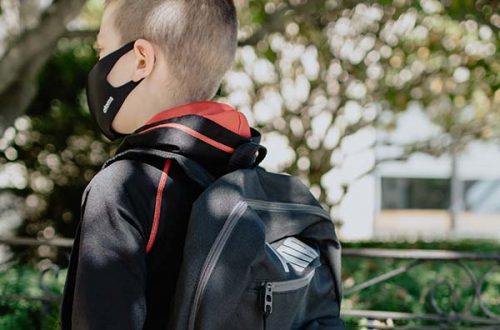“Our jobs, other responsibilities, and numerous distractions, make it difficult to devote individual time to each of our children. These competing demands on our time, energy, and attention don’t have to deprive us, though, of the quality one-on-one time—the special time—we can share with them.
A Special Parenting Tool
Special time is all about deepening the unique relationship you have with your child. As a positive Discipline parenting tool, special time complements other Positive Discipline tools (e.g., discovering the beliefs behind the behaviors, connection before correction, curiosity questions, and encouragement) and lets you get to know and encourage your children in very personal and personalized ways.
From Theory to Practice
Positive Discipline is a relationship-based approach to parenting and guiding children, and is rooted in the theories of Alfred Adler and Rudolph Dreikurs. Adler asserted that all human behavior stems from a fundamental psychosocial need for belonging and significance, and Dreikurs believed that misbehavior stems from the discouragement that children experience when those needs go unmet.
Special time helps meet children’s psychosocial needs as it strengthens parent-child bonds through meaningful and enjoyable interactions—the kind that make for treasured memories. It also provides a space for children to share intimate thoughts and feelings. Further, special time is sometimes just what a discouraged child needs to feel encouraged, especially if that child has exhibited challenging behavior. It helps everyone feel better and thus do better.
What Special Time Is and Isn’t
Special time is different from other time spent with a child. It is not have-to time (e.g., taking a child to school or dressing a child), nor is it casual time (e.g., working while your child is in the room or supervising them while they play). It is regularly scheduled (although it can be impromptu), has ideally been planned with the child, involves the child in engaging activities, and entails an explicit goal of being special.
Consider the “three ‘A’s” of Special Time: Attitude, Attention, and Alone.
Attitude means obviously demonstrating how much a child is valued and appreciated and how happy you are to be spending your time with them. Attention is being fully present to listen to and connect with the child, which, in part means disconnecting from distractive devices (such as cell phones). Alone is all about preventing interruptions from or interactions with others so that you and your child can have one-on-one time together.
Developmental Considerations
Special time is a developmentally appropriate tool that takes ages and stages into account.
Children 0-2 don’t understand the concept of it and thus aren’t able to help plan it, but they still require ample love, attention, and what are known as “serve and return” interactions.
For children ages 2-6, special time can be an everyday ritual that lasts at least 10 minutes. A parent (or other adult family member) can read a book to a child (a good time to do so is while others are cleaning up after dinner or before the child’s bedtime).
For children ages 7-12, special time can be weekly and last for at least 30 minutes. You can take a child out for ice cream after running errands with them, make cookies together, or go on a bike ride.
Children 13 years and up may act like they’re too old for special time and may often prefer to hang out with friends, but they need your undivided attention as much as ever. While Special time with them may only be a monthly occurrence, try to dedicate at least an hour or two doing things with them you know they enjoy (e.g., taking them out to eat, to a movie, or to a ballgame). Be prepared to suggest activities if they don’t.
For all ages of children, remember to remain flexible, appeal to their unique interests, preferences, and personalities, and enlist their ideas.
Final Guidelines
While special time is often initiated by adults, the activities involved should be heavily driven by the child. Therefore, put your child in charge, and resist the temptation to direct the play/activity and/or teach the child how to engage. Letting them decide things helps to develop their communication, social-emotional, and leadership skills while promoting their buy-in and continued interest.
Finally, remember that even though special time might just feel like fun and games (which of course it often is), the ultimate goal is connection. As such, remain attune to your child and make a concerted effort to really listen to them. Children who long for individual attention may see special time as an opportunity to reveal themselves in very deep and emotional ways and share what is most important to them. The insights you may gain may prove both informative and invaluable.
Conclusion
Special time is a great way to show your children love and demonstrate your intention to build a trusting relationship with them. Because every child and every relationship is unique, you may discover new things not only about your child but about yourself. Share all the quality time you can with your children. Your children will cherish those memories. forever and know just how cherished they truly are.
By Steven Weis and Sarah Nofi
Certified positive discipline educators








